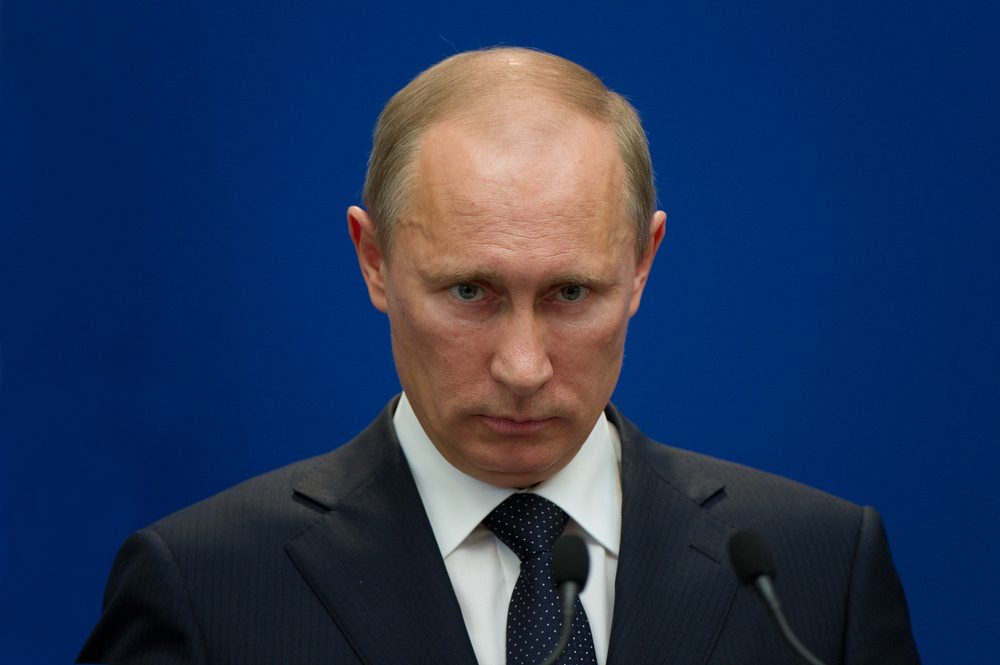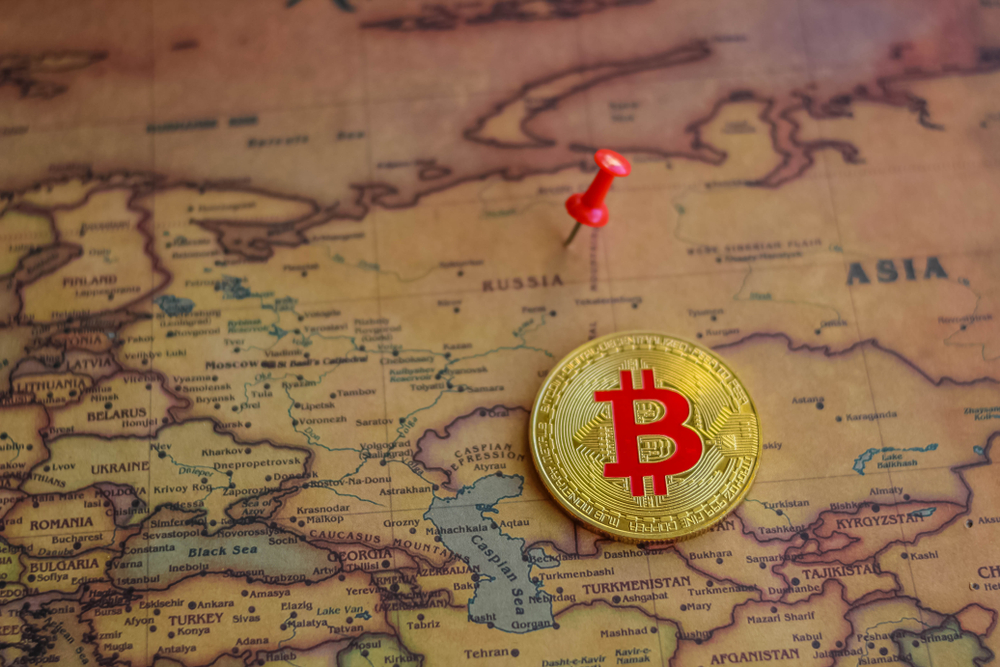Russian Central Bank Will Put Onerous Limits on Retail Crypto Investors

| Source: Shutterstock
The Russian central bank seeks to impose new regulations on cryptocurrency. The central bank wants unqualified investors to be limited in how much cryptocurrency they can purchase. RCB reports that they will also institute an information-sharing system between crypto exchanges to ensure that no one goes over their limit.
Want to Buy Crypto? Hope You’re Rich – or Have an Economics degree

Russia’s laws on “qualified” investors differ from the US accredited investor laws. In the US, accreditation is related to income and assets . In Russia, qualification is also directly related to investment experience, and the government issues a qualification certificate . One onerous requirement of qualification? A university degree in economics. Like the US, however, you must have a minimum amount of assets – 6 million rubles (~$915,000).
For everyone else, limits will be imposed, under the digital assets regulation still being finalized by the Russian government . As local outlet RCB has it , the limits will be imposed for fiat-to-crypto and crypto-to-crypto transactions. All exchanges must keep track of user transactions and enforce the restrictions.
Russia Failed to Regulate Forex – Will Crypto be Any Different?
A few years back, the Russian central bank failed to implement similar regulations on forex markets. They wanted to limit the trading of foreign currencies to qualified investors, but the Russian parliament eventually decided against that .
The bank seems to follow a pattern of aiming high in hopes of hitting something reasonable. In the forex regulation debacle, they also wanted to ban all broker websites which didn’t have licensure in the Russian Federation.
Which brings us to the next point: cryptocurrencies aren’t obedient to borders. The Internet of Money and the Internet of Information offer users the freedom to go anywhere without leaving their home.
How Russian Bitcoin Investors Might Respond

“Unqualified investors,” or most people who have an interest in crypto, will have to find ways around this if they plan to acquire significant amounts of crypto. Fortunately, on a global scale, there are thousands of exchanges to choose from, many with much better reputations than virtually any Russian Bitcoin exchange.
The most notable exchange from Russia, after all, was BTC-E . While alleged scam exchange WEX has a New Zealand domain, their latest owner is based in Ukraine. Therefore, the most likely case is that Russian cryptonaughts will use VPNs (if necessary) to access foreign exchanges.
The recent surge of stablecoins enables a reasonable trading experience, on par with having a bank-integrated trading account. The regulations would seem to mainly apply to companies like Coinbase, which doesn’t currently operate in Russia. Coinbase and other major outfits that want to do business in Russia will have to comply with these new demands.
However, actually opening up shop in Russia may be difficult for companies like Coinbase, as the new digital assets law – still in draft phases – seems to favor existing Russian stock exchanges and banks.